The many lives of Lex Luthor: The comic book history of the Superman Legacy villain
Which of the many comic book eras of Lex Luthor will Nicholas Hoult embody in his Superman: Legacy performance?
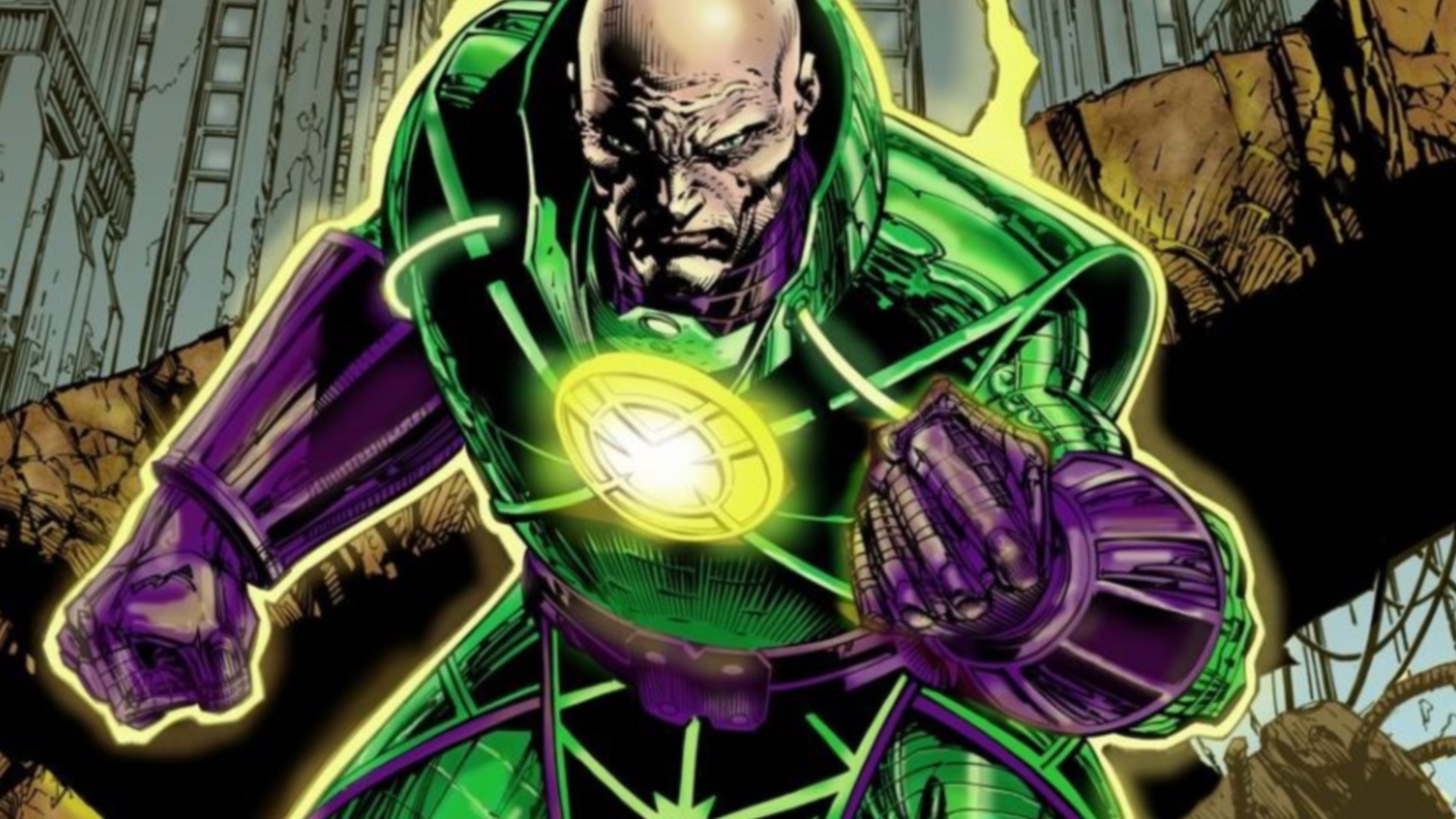
Nicholas Hoult has been cast the new Lex Luthor against David Corenswet's Superman for DC Films co-CEO James Gunn's upcoming Superman: Legacy film, which he'll personally write and direct. But which version of Luthor are we going to get in his next big screen incarnation?
Though his previous major appearances in the original Superman film franchise and Zack Snyder's Justice League franchise films have generally cast him in the light of a scheming businessman and criminal mastermind, Lex has occupied numerous roles in his long comic book history - even that of a reluctant hero.
Since his debut in 1940's Action Comics #23, Luthor has evolved from a somewhat gimmicky Golden Age bad guy into one of the most iconic supervillains of all time, with decades of history as Superman's chief nemesis and one of the de facto leaders of DC's various villains.
So which version of Lex Luthor will Hoult embody? We can't say for sure, though we're betting we'll get a little more of the full-on supervillain version than we've previously seen in movies. And while we await Superman Legacy's 2025 release, we've got a rundown of the comic book history of Lex Luthor across his many eras.
Scheming Scientist
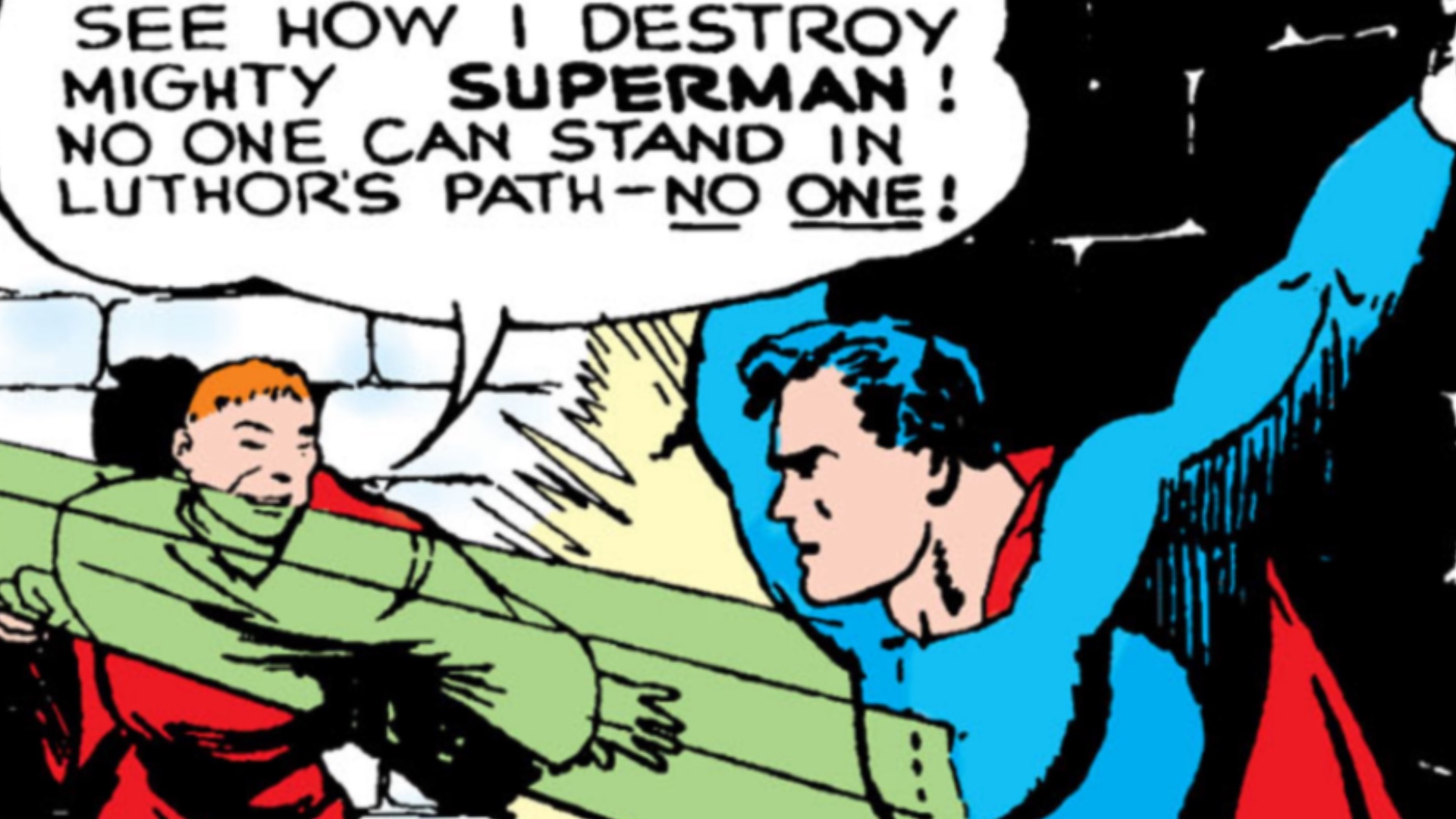
In his earliest appearances, way back in the Golden Age of the '40s and early '50s, Luthor was known only by his surname, appearing several times over the years as a kind of mad scientist and scheming genius relying on inventions and trickery to commit his crimes. Though he initially was depicted as a younger man with red hair, an artist's mistake after his first couple appearances led to him being depicted as an older, bald man - the version closer to what's been shown in the modern age.
In the late '50s, Luthor was reintroduced as Alexis 'Lex' Luthor, and his backstory was finally told. In this version of Luthor's origin (which has remained in place for most versions since), Luthor was a childhood friend of young Clark Kent/Superboy's; a boy genius who lost his red hair in a lab explosion which he blamed on Superboy , leading to his ongoing hatred of Superman.
Galactic Conqueror
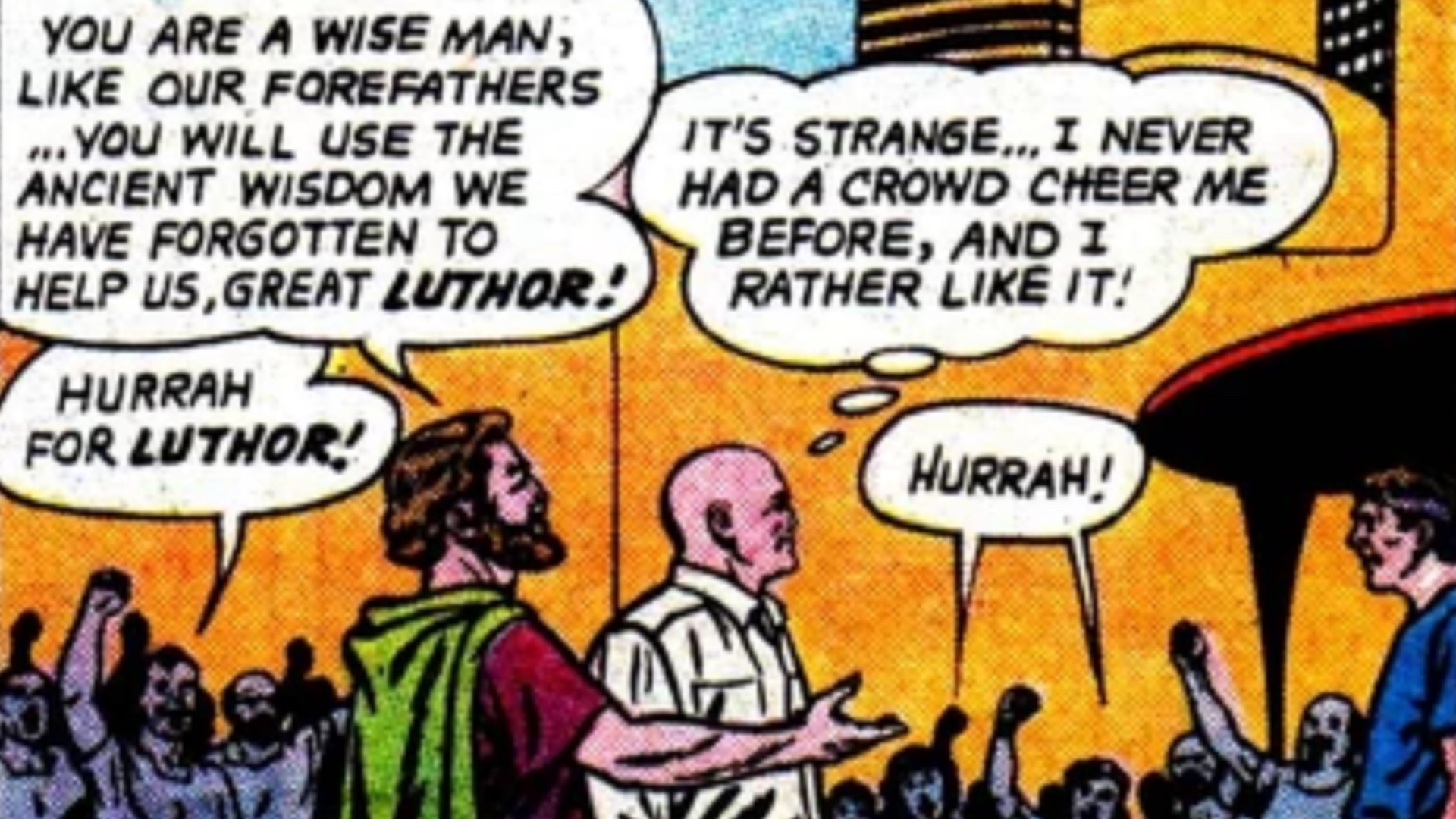
In the early '60s, a few years after Lex Luthor's origin story was explored, the villain's fate took a strange, sci-fi fueled turn as he became the ruler of his own planet - just not Earth. After luring Superman to a far-flung planet where his powers were inert thanks to the red sun of its solar system (and still losing the fight), Luthor wandered the dying planet until he came upon technology he was able to engineer to save and revitalize the environment.
Comic deals, prizes and latest news
Get the best comic news, insights, opinions, analysis and more!
Afterwards, the planet changed its name to Lexor in his honor, also naming him the world's leader. And interestingly enough, for a little while, Luthor and Superman found themselves at a truce, as Luthor persuaded Superman to use his incredible powers to help him heal Lexor. Still, when the people of Lexor learned of Luthor's criminal past, they expelled him and he returned to Earth with a rekindled hatred of the Man of Steel.
Leader of Doom
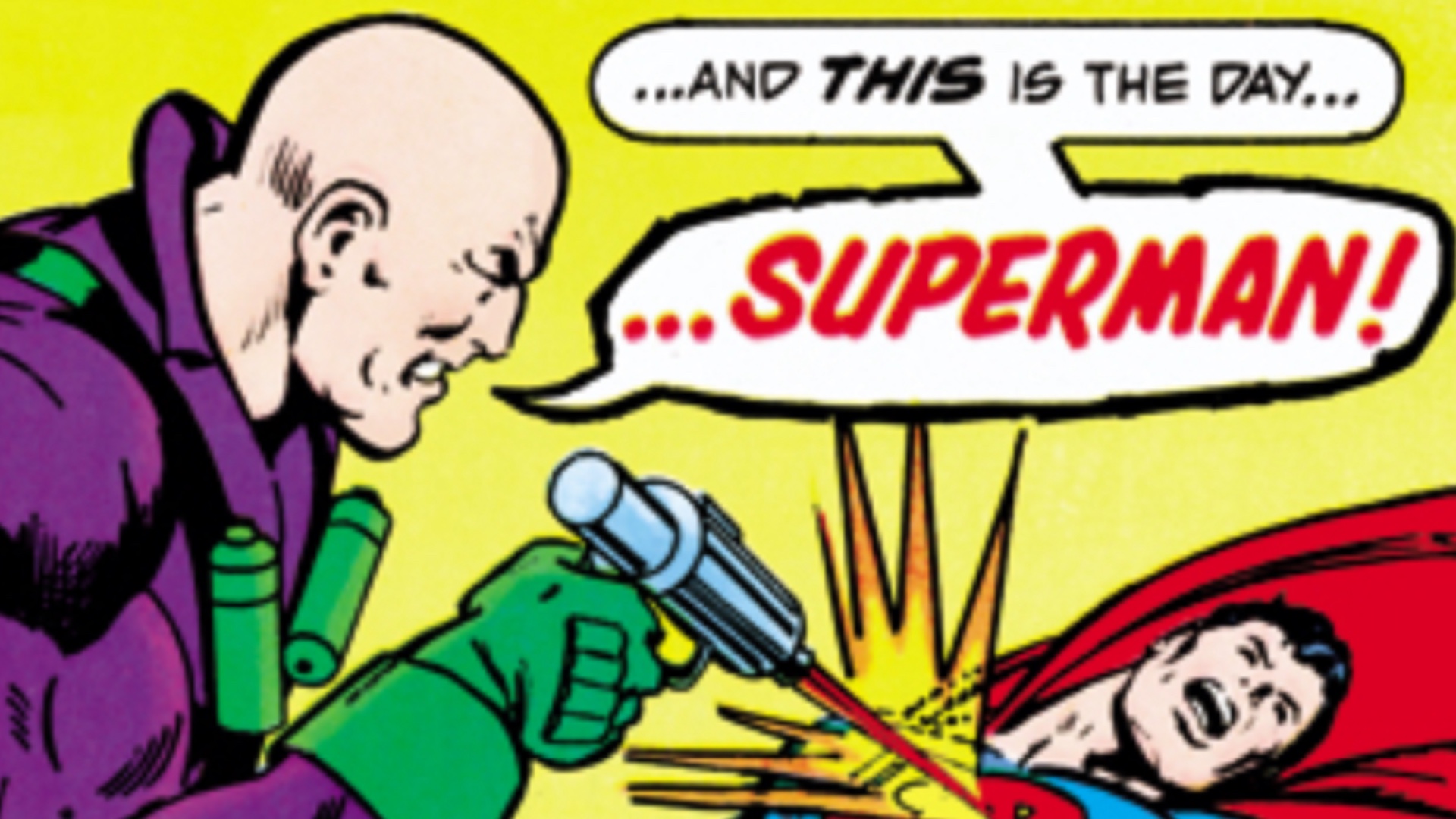
As the Silver Age waned and the Bronze Age of the '70s and early '80s began, Luthor went back to being much more of an evil schemer than a full-on sci-fi conqueror. However, he also began to team up more and more with other villains, building his reputation as a kind of boss of bosses for DC's line up of criminal ne'er-do-wells.
This is how Lex Luthor became something of a default leader for DC's villains in non-comic book media, especially the popular Super Friends cartoon and its many iterations through the '70s and '80s, in which Luthor became the head honcho and mastermind of the Legion of Doom, the cartoon's (and later the comic's) anti-Justice League.
Evil Industrialist
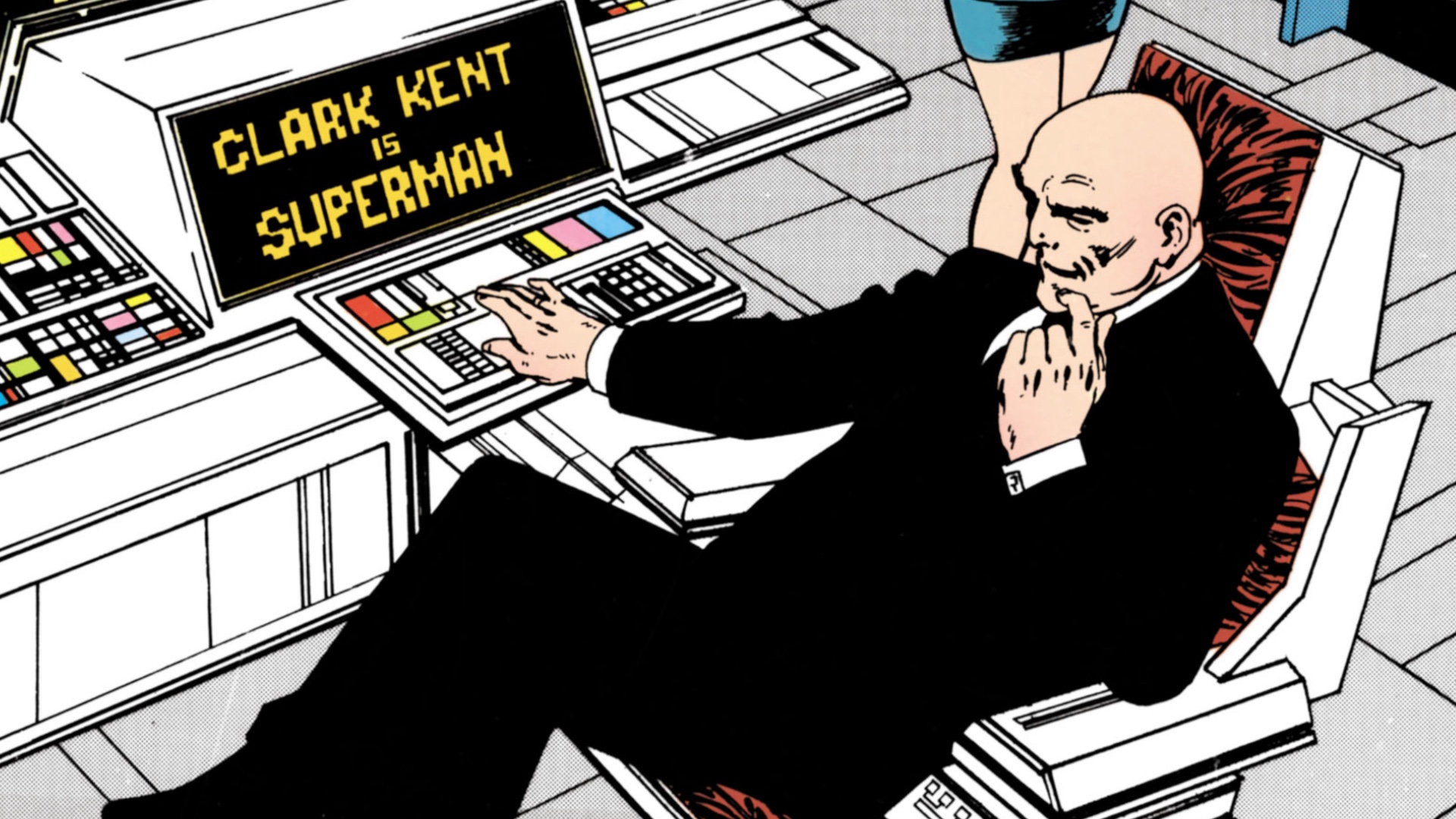
Following 1985's monumental Crisis on Infinite Earths event story in which the entire DC Multiverse was retconned and overwritten by a single core continuity set in just one reality, both Lex Luthor (whose full first name was changed to Alexander, as it still remains) and Superman were given a full reboot with brand new histories starting right there on the page.
In this rebooted DC Universe, Lex Luthor was a full-on industrialist billionaire, with his own corporation, LexCorp, which he used to prop up his secret supervillain endeavors. This version of Luthor pulled together elements of most of his previous incarnations, from evil scheming genius to far-flung sci-fi supervillain. This version is arguably the most iconic incarnation of Lex Luthor, from which nearly all subsequent takes on the character have taken their lead.
Conniving Clone

In the early '90s, Lex Luthor discovered that his body was riddled with cancer due to the Kryptonite ring he often wore to ward off Superman. Without a way to heal his rapidly metastasizing illness, Luthor turned to the next best thing: cloning. After uploading his consciousness to a new, younger clone body (with a full mane of red hair and a beard to match), Luthor faked his own death and introduced himself to the world as his own heir, Lex Luthor II.
Through the early '90s, Luthor used this guise to regain the public's trust as a philanthropist by day and a manipulating mad scientist by night. But his ruse fell apart when his clone body began to deteriorate, and Luthor sold his soul to the demon Neron in exchange for revitalizing his body to full health, though it also cost him his hair again as he returned to the form of his original body in its prime, when he was bald.
President Luthor
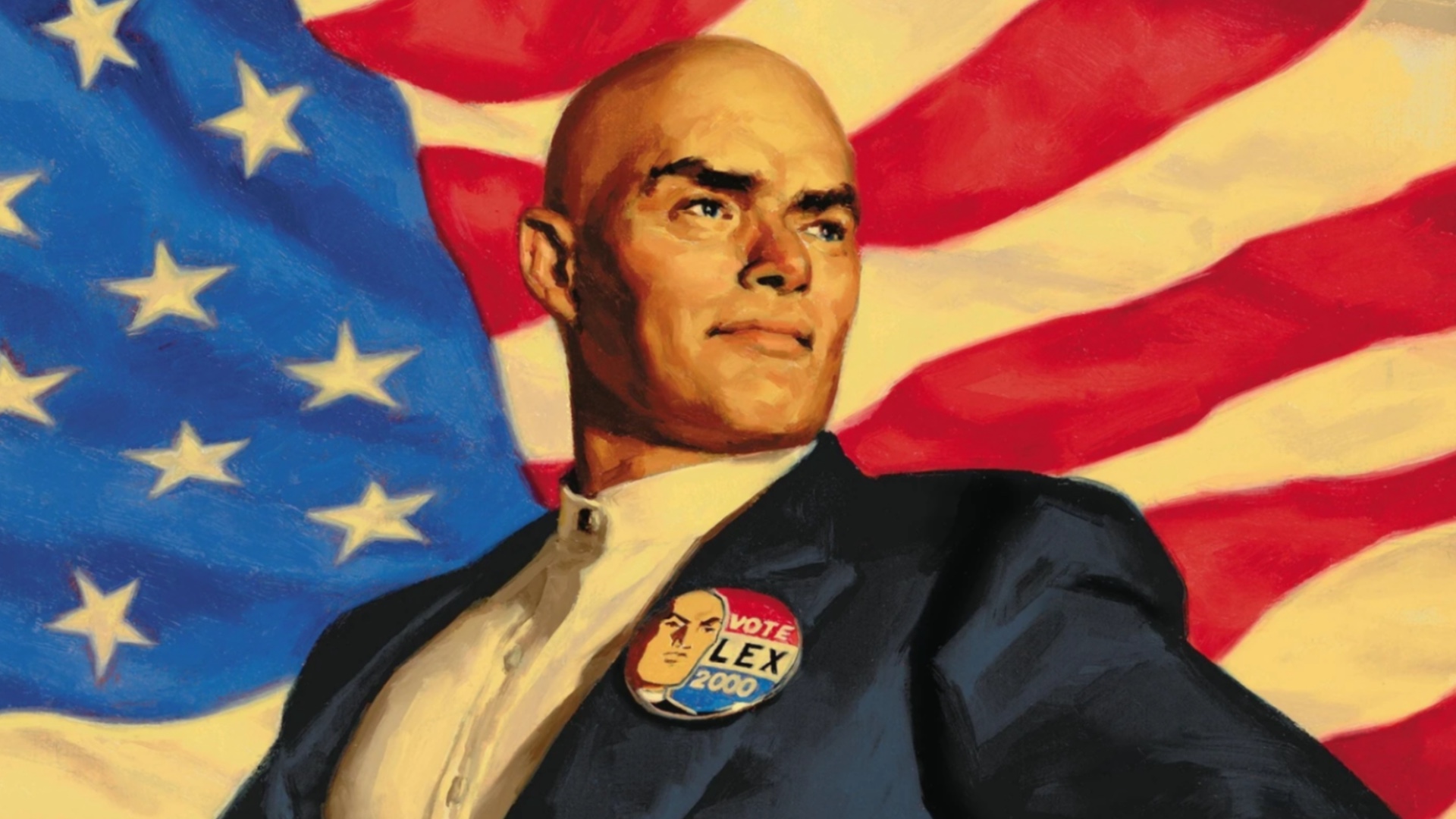
Just about a decade after he had to fake his own death due to cancer, Luthor's newly revitalized body and life were in full swing, with Luthor having rehabbed his own public image to the point that he successfully ran for and was elected to the office of President of the United States after campaigning on a platform of raising everyone's quality of life through technology.
But once again, Luthor's hatred of Superman got in the way of a good thing, and he lost the public's trust when he tried to blame Superman for an unrelated crisis. This led to the uncovering of financial crimes and other dirty dealings which in turn led to Luthor being impeached and leaving office, returning to a life of out-and-out villainy.
Reluctant Hero

In recent years, one of the most interesting recurring tropes for Lex Luthor has involved the iconic supervillain taking an unlikely face turn as a somewhat reluctant hero, even, at times, operating alongside his hated rival Superman as one of the protectors of Metropolis. In 2016's Rebirth era, which restored some elements of classic continuity that had previously been retconned, Luthor wore a blue and red version of his armored Warsuit, complete with a Superman S-shield on his chest.
Just a few years ago, Luthor also tried his hand at being the protector of Gotham City, wearing a Batman-themed version of his Warsuit for a short time while Bruce Wayne was incapacitated after a fight with the villain Abyss. However, this was a short-lived change, and as usually happens, Luthor once again returned to his usual path as one of the top villains of the DC Universe.
Cosmic Supervillain
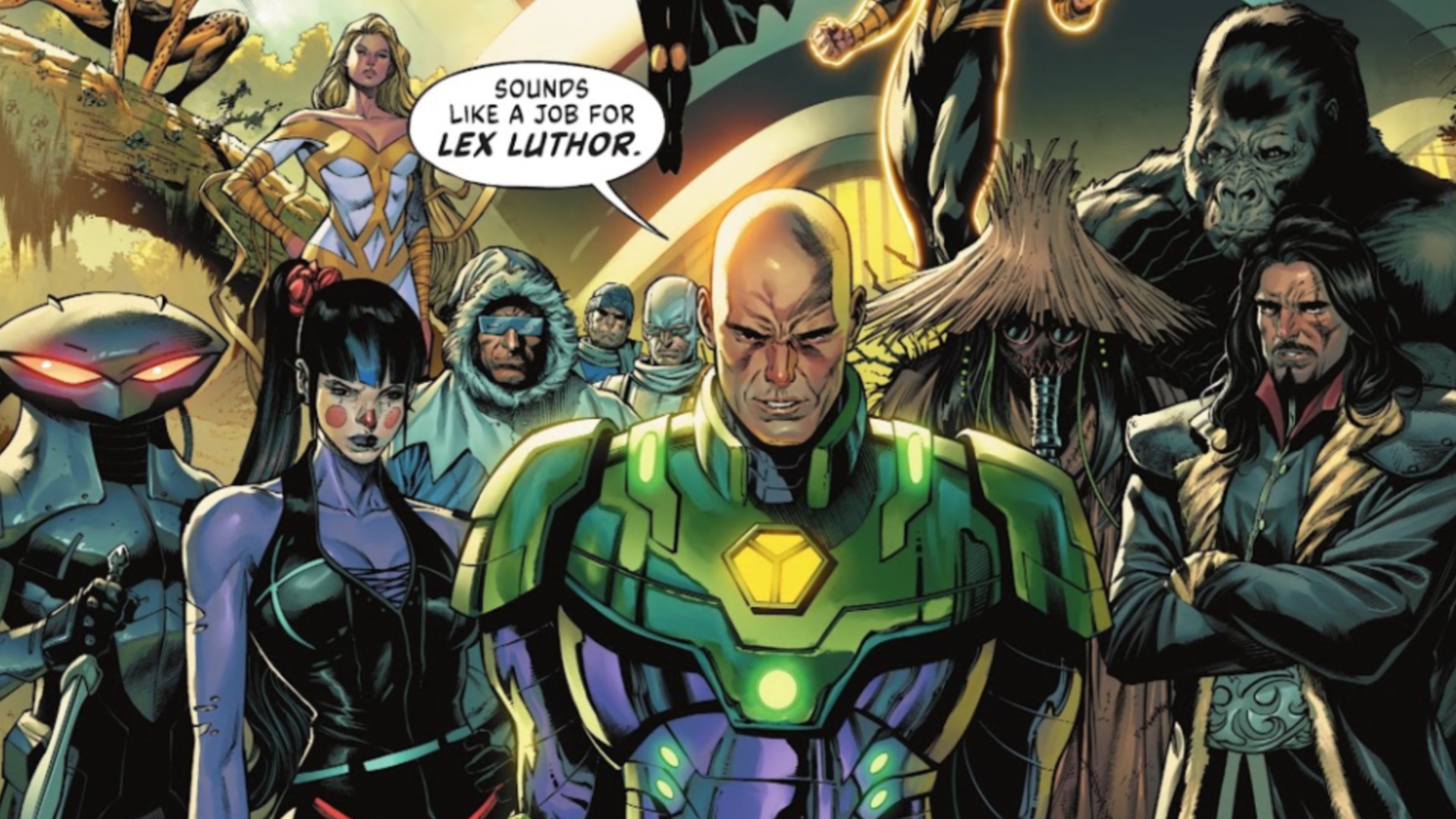
In what was one of Luthor's biggest leaps forward as a villain in decades, in 2018 he finally put together a full-fledged comic book version of the iconic cartoon Legion of Doom to oppose the Justice League, in a bid for cosmic level conquest across multiple DC realities. With an initial line-up of Black Manta, Cheetah, Gorilla Grodd, The Joker, and Sinestro alongside Luthor as the leader, the team launched a massive, Multiversal scheme from their Hall of Doom headquarters which wound up tying into the Dark Nights: Death Metal comic book event.
Since then, Luthor has somewhat waffled on being a villain, despite a stint alongside the Multiverse protectorate group known as the Totality. However in his most recent appearances, he's once again returned to his basic roots as one of Superman's greatest foes. And since 2022, he's been imprisoned for murder - though his machinations continue from behind bars.
Lex Luthor tops the list of the best DC supervillains of all time.
I've been Newsarama's resident Marvel Comics expert and general comic book historian since 2011. I've also been the on-site reporter at most major comic conventions such as Comic-Con International: San Diego, New York Comic Con, and C2E2. Outside of comic journalism, I am the artist of many weird pictures, and the guitarist of many heavy riffs. (They/Them)



